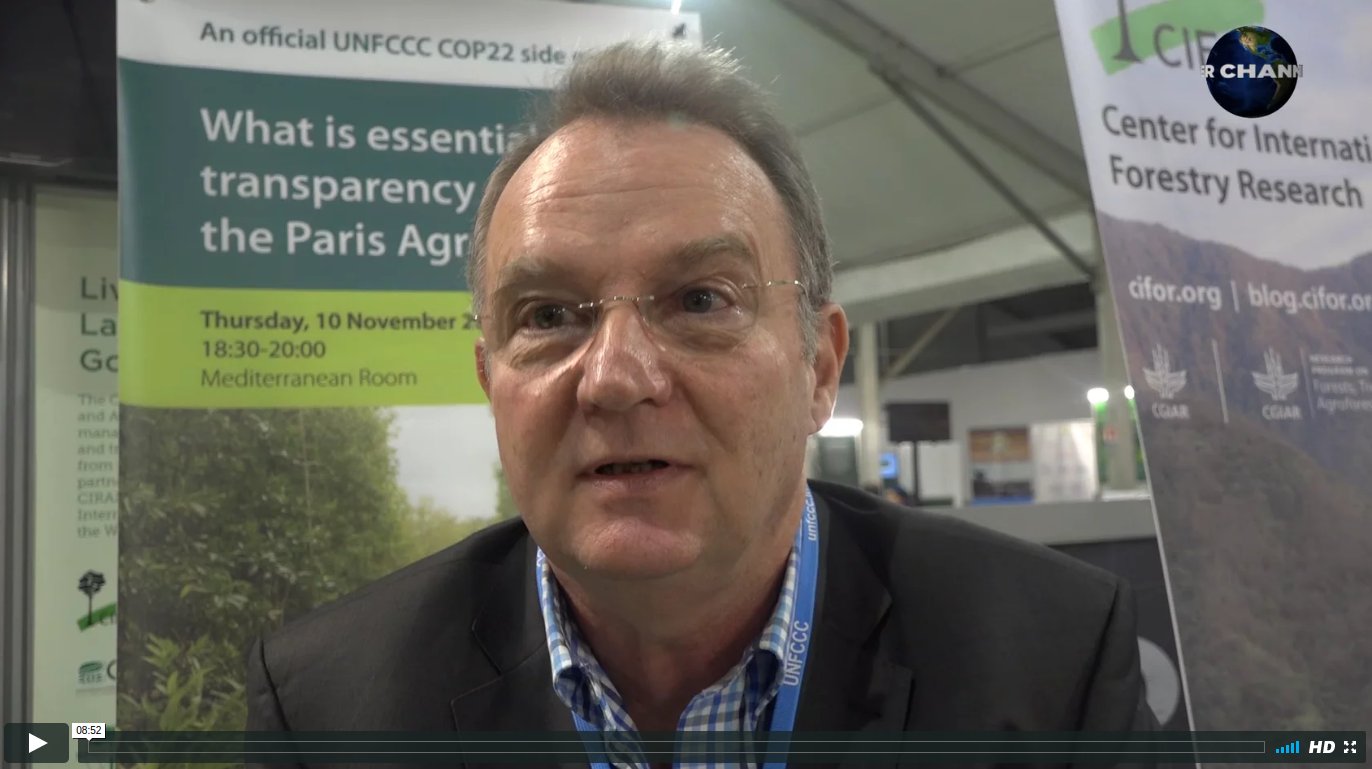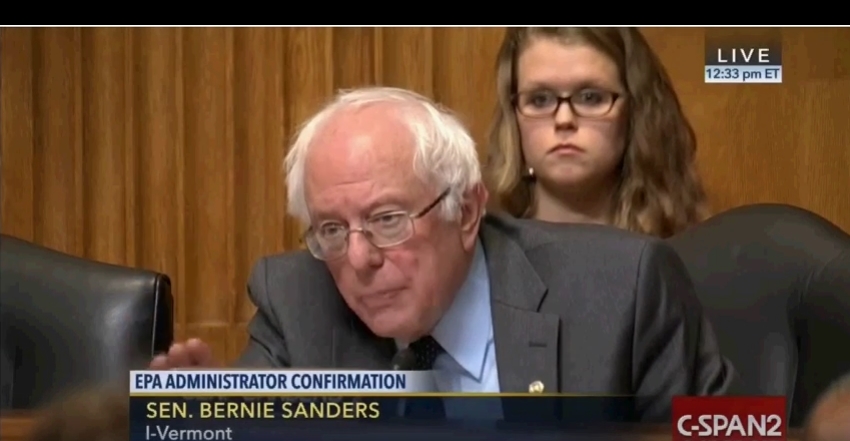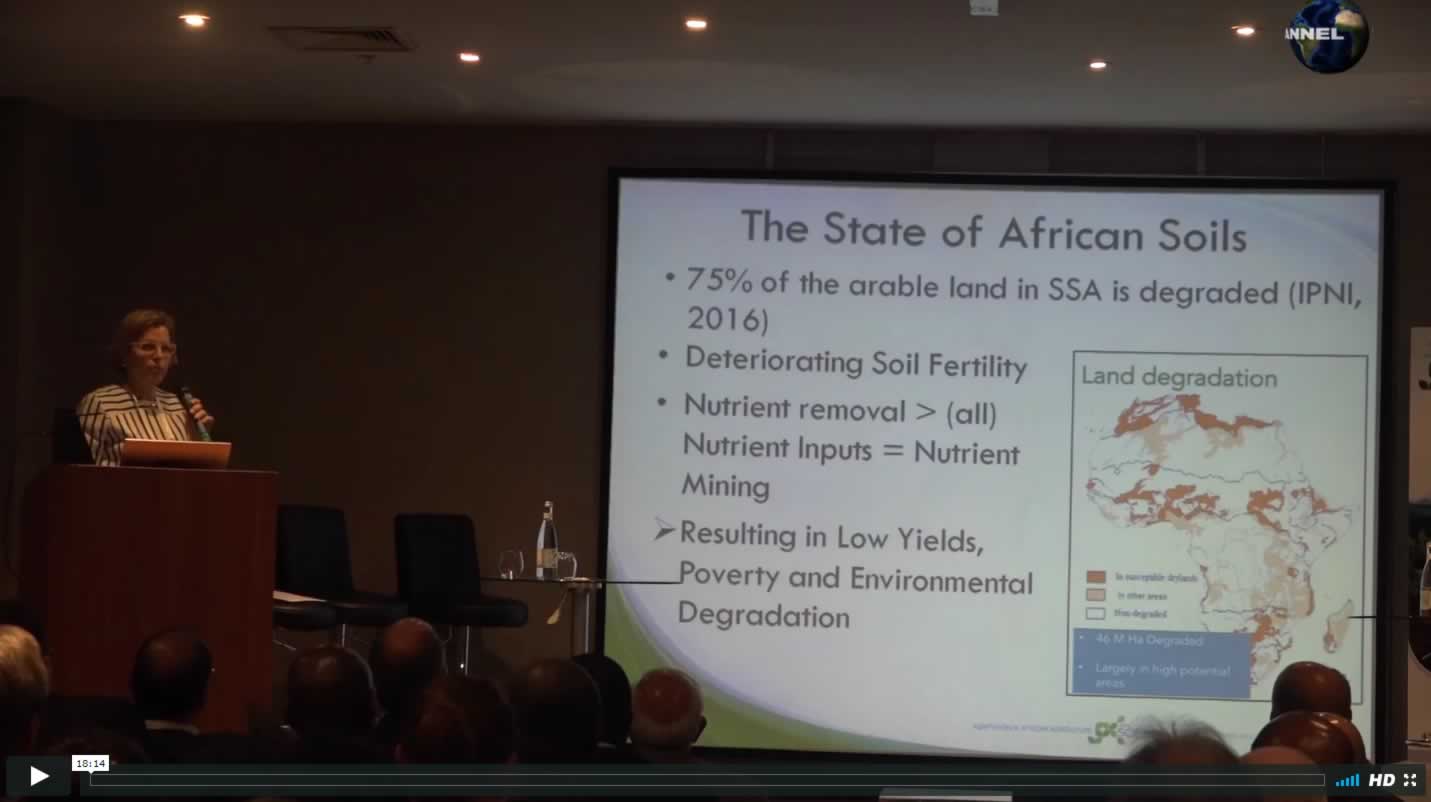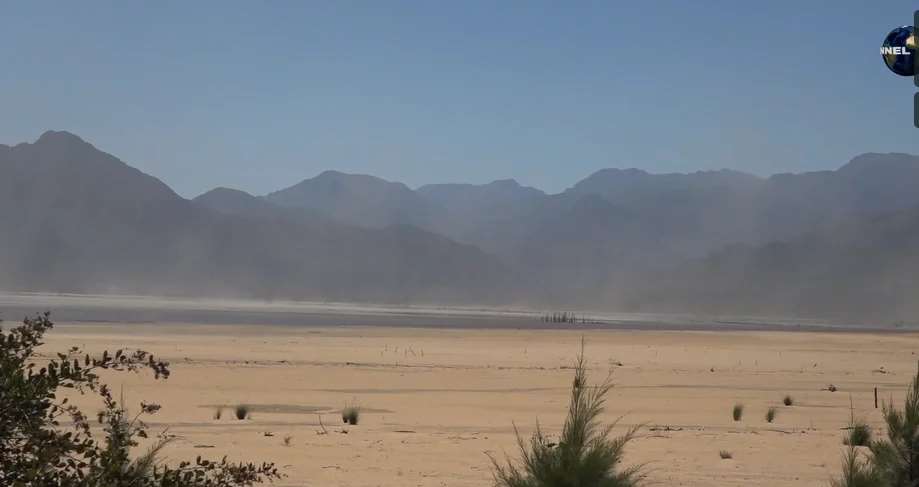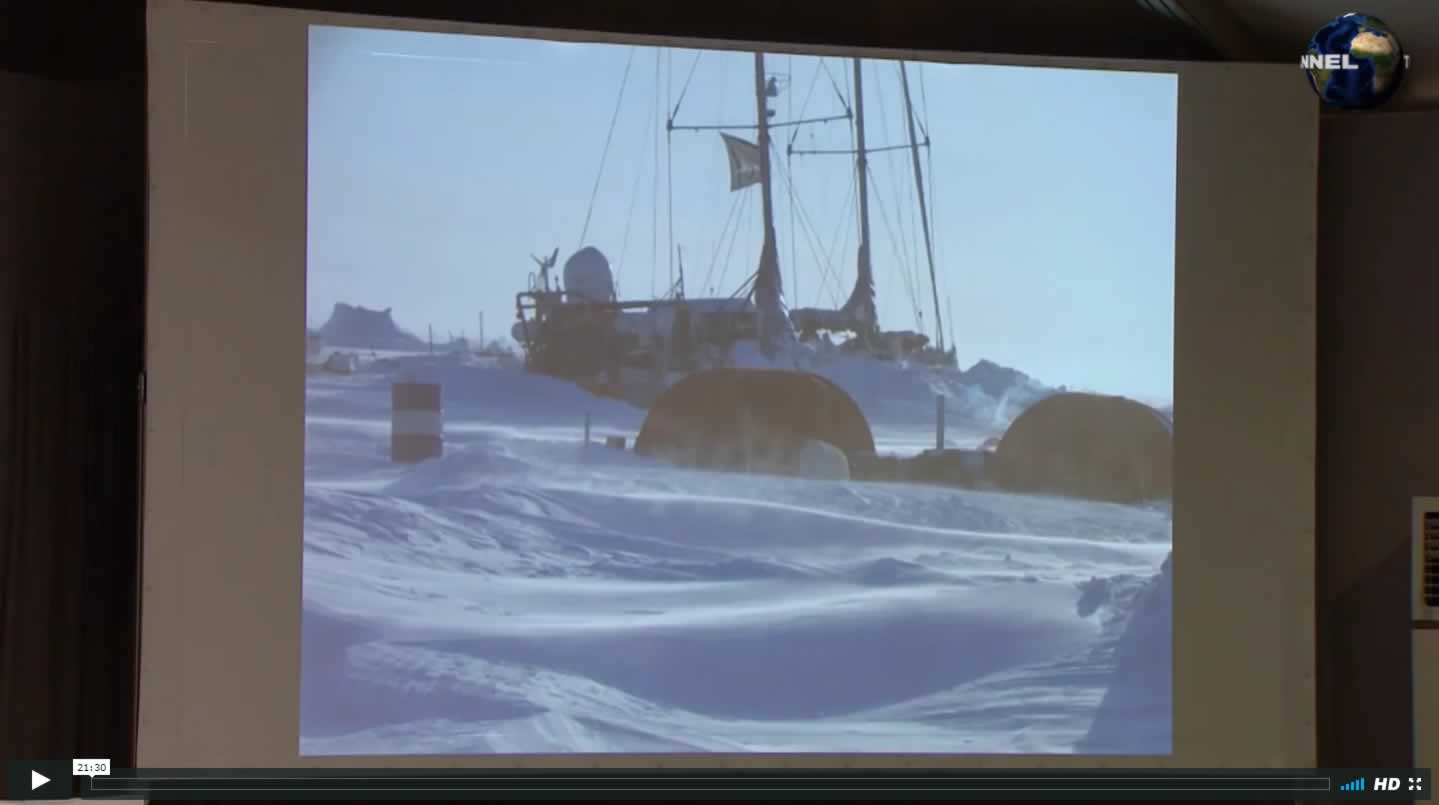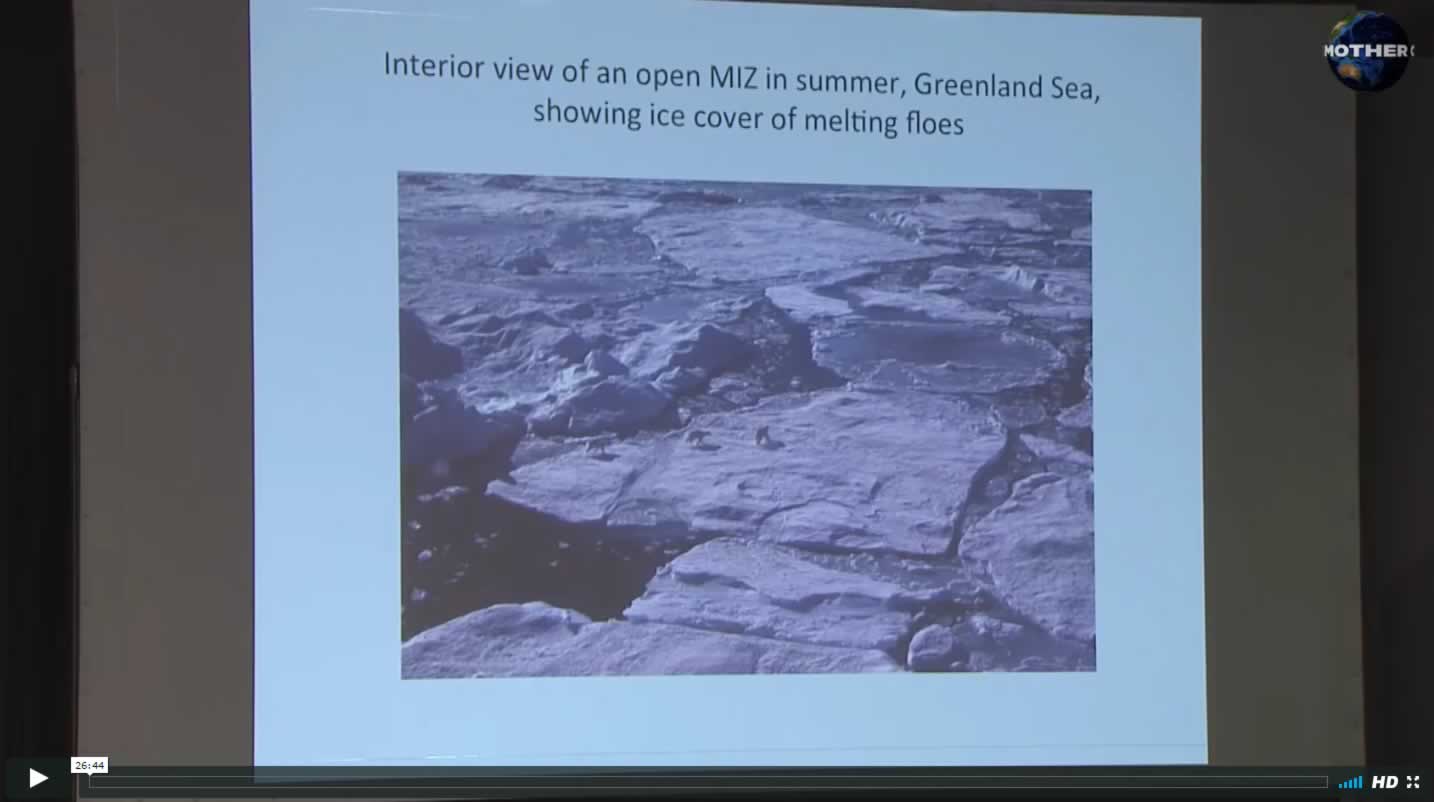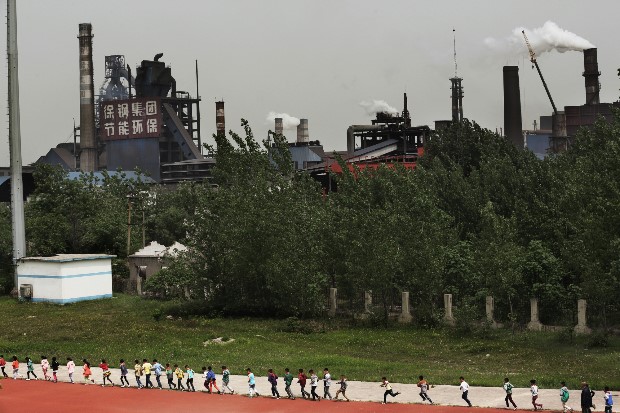- Live Stream
- Climate Change
- ENN
- Environmental Info
- Green Business
- Green Solutions
- Beautiful World
- Categories
- Articles
- Arctic & Glaciers
- Polar Regions and Glacier Reports
- Ethical Dimensions
- Global Warming
- Peatlands & Wetlands
- ENN – The Environmental News Network
- Agriculture
- Chemicals
- Conservation
- Fish Crime
- Forests
- Health
- Mountains
- Oceans
- Energy
- Money
- Green or Gone
- Nutrition
- Permaculture
- Various Solutions
- Powerful
- Watch This
- Water
- Breaking News
- Series ENN
MID-CENTURY CARBON NEUTRALITY PLAN ~ GET OUT OF COAL!
At a COP 22 Press Conference on Mid-century De-carbonization Strategies held in Marrakech, moderator Alden Meyer, Dir of Strategy and Policy at Union of Concerned Scientists (UCS-USA) introduces the panel speakers and summarizes the key reason for the presentation as being primarily a report back on the Paris Agreement encouragement for all countries to develop […]
CLOSE

